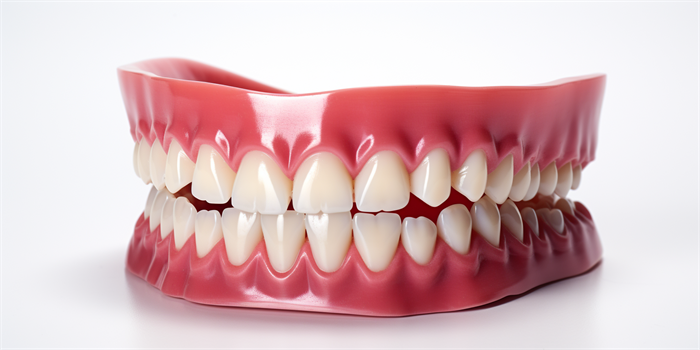How Long Does It Take for Maxillofacial Orthodontics in Montreal?
Maxillofacial orthodontics is a specialized field that focuses on the alignment of teeth and the correction of jaw discrepancies. In Montreal, this treatment can vary significantly in duration depending on several factors. Understanding these factors can help patients make informed decisions about their treatment plans.

1. Initial Assessment and Treatment Planning
The journey of maxillofacial orthodontics begins with a thorough initial assessment. This typically involves a series of consultations with an orthodontist who specializes in maxillofacial cases. During these consultations, the orthodontist will evaluate the patient's dental and skeletal structure, take X-rays, and possibly create a 3D model of the patient's mouth. This process can take several visits and may last anywhere from a few weeks to a couple of months, depending on the complexity of the case and the availability of the orthodontist.
2. Type of Orthodontic Treatment
The duration of maxillofacial orthodontics in Montreal is heavily influenced by the type of treatment chosen. Traditional braces, which use brackets and wires, are often used for more complex cases and can take between 18 months to 3 years to achieve the desired results. On the other hand, clear aligners like Invisalign may be suitable for less severe cases and can typically be completed in about 12 to 18 months. However, for severe jaw discrepancies, surgical orthodontics may be necessary, which can extend the treatment time significantly.
3. Patient Compliance
Patient compliance plays a crucial role in the duration of maxillofacial orthodontics. Regular visits to the orthodontist for adjustments and check-ups are essential to monitor progress and make necessary adjustments. Missing appointments or not following the prescribed care instructions can prolong the treatment. Additionally, maintaining good oral hygiene and avoiding certain foods that can damage braces or aligners are critical for timely treatment completion.
4. Age of the Patient
The age of the patient can also impact the duration of maxillofacial orthodontics. Younger patients, particularly those undergoing treatment during their teenage years, often respond more quickly to orthodontic treatment due to ongoing growth and development. Adults, on the other hand, may require longer treatment times as their bones are no longer growing and the process of moving teeth can be slower.
5. Severity of the Case
The severity of the orthodontic issues being addressed is a significant factor in determining the length of treatment. Mild to moderate cases of misalignment or jaw issues may be resolved more quickly than severe cases that require extensive repositioning of teeth and significant changes to the jaw structure. In severe cases, additional procedures such as orthognathic surgery may be required, which can add several months to the overall treatment time.
6. Post-Treatment Retention
After the active phase of maxillofacial orthodontics is complete, patients will enter a retention phase. This phase is crucial to ensure that the teeth and jaw remain in their new positions. Typically, patients will wear retainers, which can be removable or fixed, for a specified period. The duration of the retention phase can vary, but it often lasts for several months to a few years, depending on the stability of the treatment results.
FAQ
Q: How often should I visit my orthodontist during treatment?
A: Regular visits are typically scheduled every 4 to 8 weeks, depending on the treatment plan and the orthodontist's recommendations.
Q: Can I speed up the orthodontic treatment process?
A: While certain advancements in orthodontic technology can slightly reduce treatment time, it is important to follow the prescribed treatment plan to ensure safe and effective results.
Q: Are there any risks associated with maxillofacial orthodontics?
A: Like any medical procedure, there are potential risks, including discomfort, tooth sensitivity, and in rare cases, damage to teeth or gums. However, these risks are minimized with proper care and regular professional supervision.
Understanding the factors that influence the duration of maxillofacial orthodontics in Montreal can help patients set realistic expectations and actively participate in their treatment journey. By working closely with their orthodontist and adhering to the treatment plan, patients can achieve optimal results in a timely manner.




